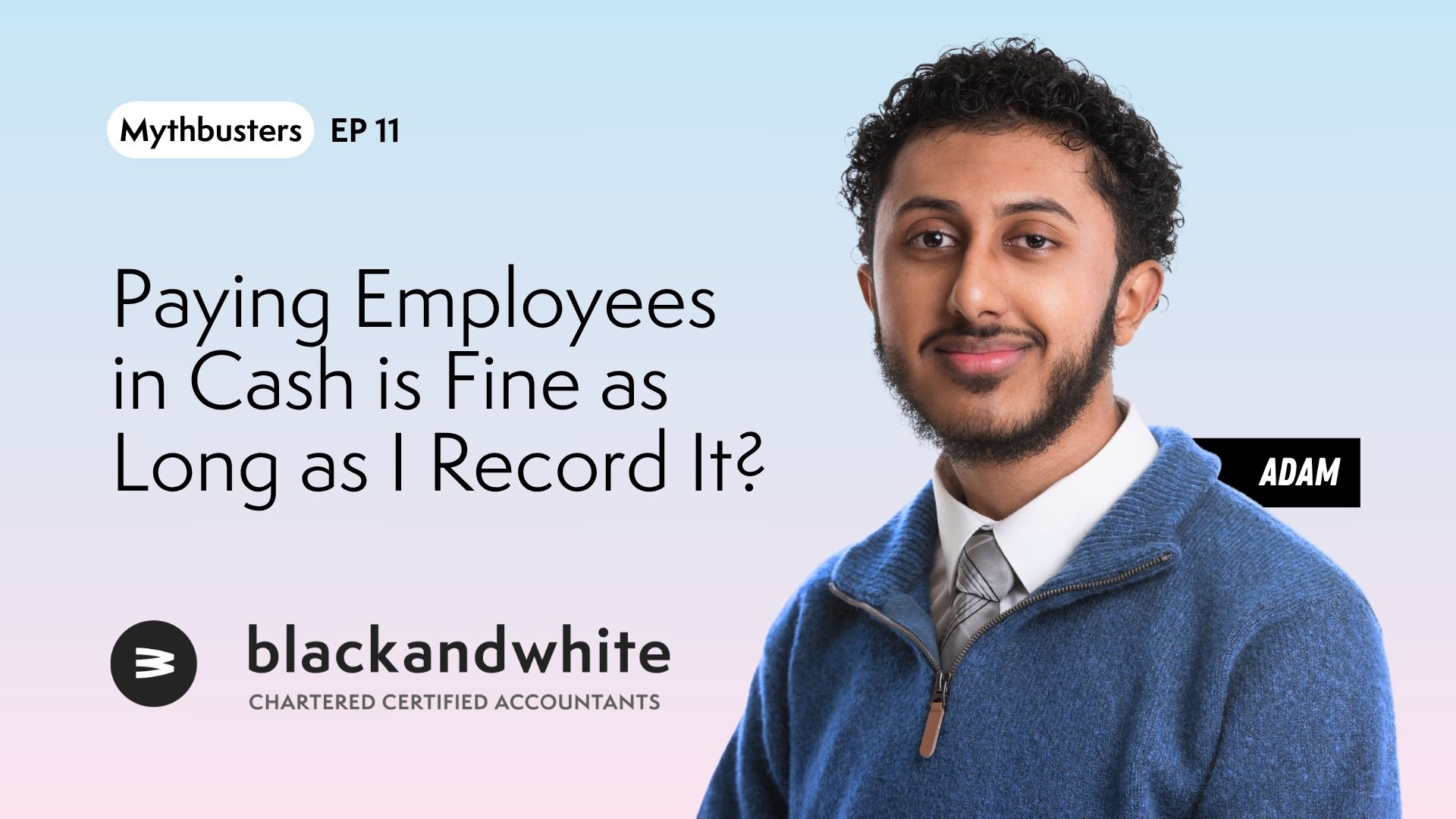Stamp duty land tax is one of the biggest tax bills many people have to pay, but thankfully we only need to worry about it when we’re buying a property, right? Not necessarily.
If you’ve paid a large enough amount of rent to a landlord, which is quite possible if you’re leasing a large commercial property, you could owe HMRC stamp duty. Our tax advisers take you through when you may have to pay and how much you could owe.
Ignorance is no defence
Many tenants are unaware of their tax obligation and, since the end of 2003, the responsibility for paying stamp duty rests with you, the tenant. If you don’t comply, you could receive a fine from HMRC.
What is stamp duty and why do we have to pay it?
Stamp duty is a tried and trusted way for government to raise tax revenue whenever certain legal documents are officially ratified. In the case of stamp duty land tax (SDLT), whenever a property is bought, the tax is paid by the buyer to cover official legal costs for transferring the ownership title of the property and making a search to make sure you’re buying from the legal owner.
So what’s SDLT got to do with renting?
Most people only associate stamp duty with buying and selling houses but if the cumulative rent that a tenant pays during the total length of their tenancy exceeds a threshold figure, they must also pay stamp duty at the rate of 1% on any amount above that threshold.
Paying Stamp Duty on rental properties is not as bad as it sounds
For residential properties, that threshold is £125,000 while for commercial lets, the 1% threshold is £50,000. There is also a 2% SDLT rate for rental costs that exceed £5 million.
To put things in perspective, if the cumulative rent payments over the period of your tenancy of an office comes to £200,000, you will pay 1% on the £50,000 excess, or £500. If the cost of your lease is below £50,000 then you’re exempt altogether.
In fact, the most painful part of the process may be the fines HMRC levy for non-payment, so check your rental agreement and, when your tenancy period is coming to an end, make sure you have all the correct receipts to hand and factor in the extra tax. If keeping track of all of your payments and incomes is proving too difficult, consider outsourcing your book keeping to a certified accountant.
If you have any doubts about what taxes you should be paying, then contact Black and White Accounting or call one of our tax experts on 0800 140 4644. We offer a free initial consultation and we always make sure our clients only pay the tax they need to.



